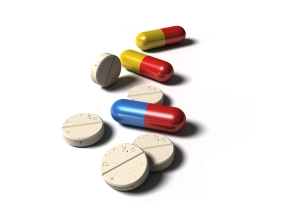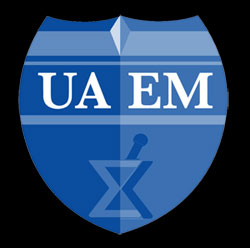On June 27th, over 30 international parliamentarians attended the Global Fund
Partnership Forum in São Paulo, Brazil. At the conclusion of the Forum, attendees adopted a statement titled, São Paulo Parliamentary Declaration On Access To Medicines And Other Pharmaceutical Products. It aims to achieve many things, including a commitment to:
Oppose, and refrain from pursuing or adopting, provisions in bilateral and regional trade and investment agreements, that would undermine access to medicines and other pharmaceutical products, including provisions that would further limit the use of policy options such as compulsory licensing and parallel importing; data exclusivity restrictions; linkage between patent status and registration of generics; patent term extension; and enforcement measures and investment provisions that include intellectual property rights.
While stated commitments serve to send a clear political message, how well do they translate into action?
The most significant public health amendment to the TRIPs Agreement–known as the Doha Declaration–has yet to result in equitable access. Although 60 countries have utilized TRIPs flexibilities in order to gain access to lower cost drugs, the global intellectual property (IP) system continues to flex its muscle and effectively block affordable access. While there have been tremendous gains in the global scale up of essential medicine, particularly for HIV drugs, equitable access still remains precarious at best. There are many reasons for this, one of which is the movement toward greater IP protection, known as “TRIPS plus”, which essentially looks like the TRIPs agreement on steroids.
While the São Paulo Declaration gives me hope that smart people with political leverage are going to bat for a great cause, I wonder how much impact it will have on access. Is this (and other stated declarations) a necessary first step toward equitable access, or better yet, global IP reform? Or will it become just another optimistic statement that will crumble in the face of stringent IP rules that have systematically failed to meet the health needs of the global poor?
I tip my hat to the parliamentarians who helped draft this document. My only hope is that it translates into tangible health improvements for people who require medicine but can’t afford it.











